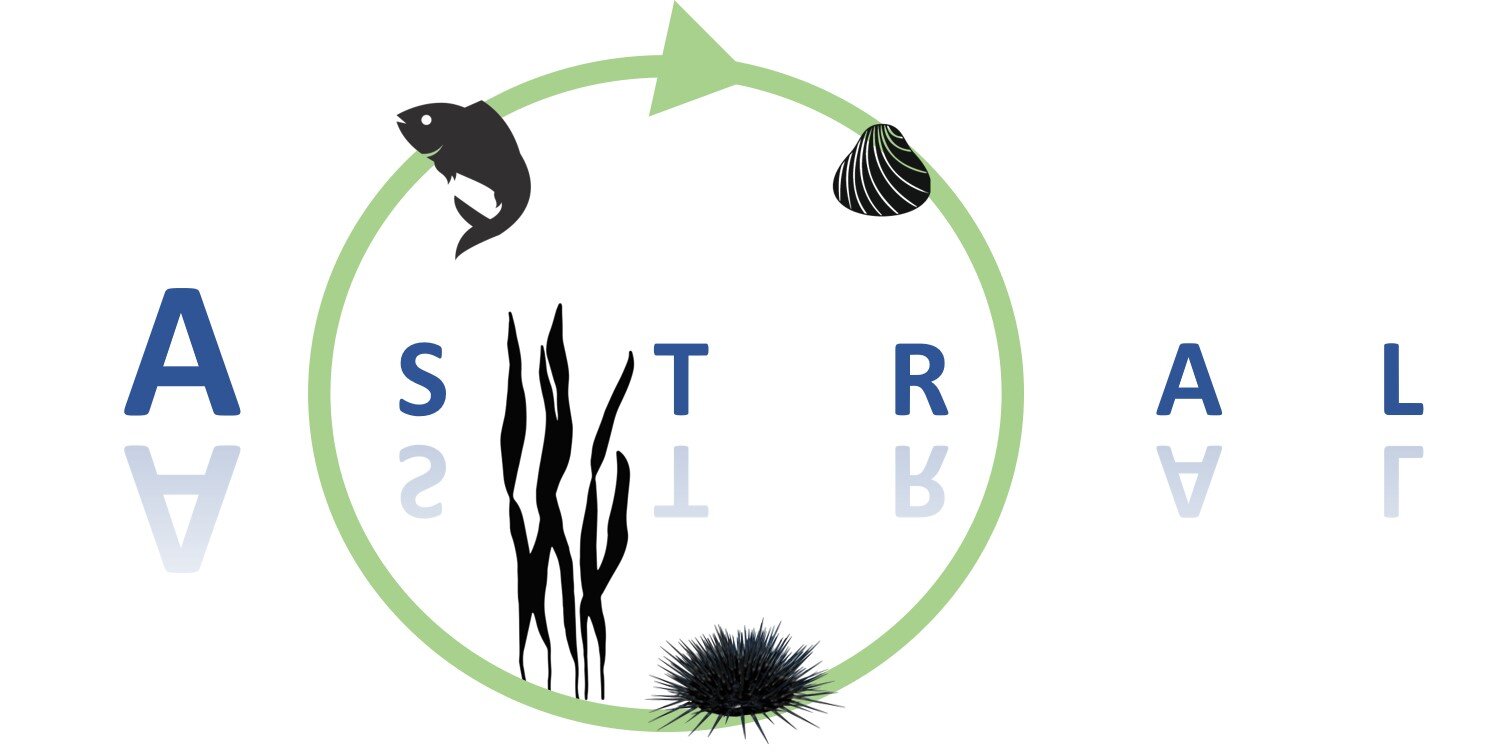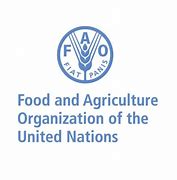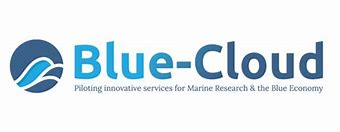initiative
Type of resources
Available actions
Topics
Keywords
Contact for the resource
Provided by
Years
Formats
Representation types
status
-

Infield Systems, now part of Wood Mackenzie (for the full news story please follow this link), is an energy research and analysis firm that is dedicated to the provision of accurate and up-to-date information, databases, research, market forecasts, mapping, commercial market due-diligence, transaction support, business strategy, analysis and intelligence to the global offshore oil, gas, renewable energy and associated marine industries. Over the past 25 years Infield Systems has developed an extensive range of products and services to assist industry professionals, analysts and investors with their business and investment decisions. Within its core markets, Infield Systems has become widely acknowledged as one of the definitive resources of information, research and analysis. Infield Systems services clients from a wide range of organisations including exploration and production companies, service suppliers, offshore contractors, manufacturers, government agencies, financial institutions and investors. In addition Infield provides information, analysis and commentary for the energy trade press and at industry conferences through presentation of papers and keynote speeches. Products and services are broadly divided into the following key areas: - Data Services - Research - Business Strategy & Analysis - Transaction Services
-

The International Whaling Commission was set up under the International Convention for the Regulation of Whaling which was signed in Washington DC on 2nd December 1946. The preamble to the Convention states that its purpose is to provide for the proper conservation of whale stocks and thus make possible the orderly development of the whaling industry. The Commission undertakes extensive study and research on cetacean populations, develops and maintains scientific databases, and publishes its own peer reviewed scientific journal, the Journal of Cetacean Research and Management. A list of catches since the moratorium came into place (in the 1985/6 Antarctic Season) up to 2019 (download link).
-

In integrated multi-trophic aquaculture (IMTA), multiple aquatic species from different trophic levels are farmed together. Thus, waste from one species can be used as input (fertiliser and food) for another species. The EU-funded ASTRAL project will develop IMTA production chains for the Atlantic markets. Focusing on a regional challenge-based perspective, it will bring together labs in Ireland and Scotland (open offshore labs), South Africa (flow-through inshore) and Brazil (recirculation inshore) as well as Argentina (prospective IMTA lab). The aim is to increase circularity by as much as 60 % compared to monoculture baseline aquaculture and to boost revenue diversification for aquaculture producers. ASTRAL will share, integrate, and co-generate knowledge, technology and best practices fostering a collaborative ecosystem along the Atlantic.
-
The Continuous Plankton Recorder (CPR) Survey is the most geographically extensive marine monitoring programme in the world. Today the Survey is operated by the Marine Biological Association, based in Plymouth, UK. Operating since 1931, the Continuous Plankton Recorder (CPR) survey is recognised as the longest sustained and geographically most extensive marine biological survey in the world. The dataset comprises a uniquely large record of marine biodiversity covering ~800 taxa over multi-decadal periods. In terms of our scientific understanding of natural variability and human-induced change on our oceans, the CPR survey is of global importance and it is used by scientists, policy makers and environmental managers across the world. The data is used to examine strategically important science pillars such as climate change, human health, fisheries, biodiversity, pathogens, invasive species, ocean acidification and natural capital. The results have included the globally first documented studies of large-scale ecological regime shifts, and of biogeographic, phenological and trans-arctic migrations in the marine environment in response to climate change. The data in this sampling event resource has been published as a Darwin Core Archive (DwC-A), which is a standardized format for sharing biodiversity data as a set of one or more data tables. The core data table contains 252,385 records. 2 extension data tables also exist. An extension record supplies extra information about a core record. The number of records in each extension data table is illustrated below.
-

Businesses, policymakers, and local communities need to access reliable weather and climate information to safeguard human health, wellbeing, economic growth, and environmental sustainability. However, important changes in climate variability and extreme weather events are difficult to pinpoint and account for in existing modelling and forecasting tools. Moreover, many changes in the global climate are linked to the Arctic, where climate change is occurring rapidly, making weather and climate prediction a considerable challenge. Blue-Action evaluated the impact of Arctic warming on the northern hemisphere and developed new techniques to improve forecast accuracy at sub-seasonal to decadal scales. Blue-Action specifically worked to understand and simulate the linkages between the Arctic and the global climate system, and the Arctic’s role in generating weather patterns associated with hazardous conditions and climatic extremes. In doing so, Blue-Action aimed to improve the safety and wellbeing of people in the Arctic and across the Northern Hemisphere, reduce the risks associated with Arctic operations and resource exploitation, and support evidence-based decision-making by policymakers worldwide.
-

OSPAR is the mechanism by which 15 Governments & the EU cooperate to protect the marine environment of the North-East Atlantic. OSPAR started in 1972 with the Oslo Convention against dumping and was broadened to cover land-based sources of marine pollution and the offshore industry by the Paris Convention of 1974. These two conventions were unified, up-dated and extended by the 1992 OSPAR Convention. The new annex on biodiversity and ecosystems was adopted in 1998 to cover non-polluting human activities that can adversely affect the sea. The fifteen Governments are Belgium, Denmark, Finland, France, Germany, Iceland, Ireland, Luxembourg, The Netherlands, Norway, Portugal, Spain, Sweden, Switzerland and United Kingdom. OSPAR is so named because of the original Oslo and Paris Conventions ("OS" for Oslo and "PAR" for Paris). OSPAR Data & Information Management System (ODIMS) is a fully featured platform for accessing OSPAR's geospatial maps, data and metadata. 61 Maps and 254 layers regarding: - Cables and pipelines - Comprehensive atmospheric monitoring programme - Discharges of radionuclides from the non-nuclear sectors - Discharges, spills and emissions from offshore oil and gas installations - Dumping and placement of wastes or other matter at sea - Environmental monitoring of radioactive substances - Fishing for litter - Vulnerable marine ecosystems - etc.
-

The CWP, supported by the participating organizations, serves as the premier international and interorganizational forum for agreeing common definitions, classifications and standards for the collection of fishery and aquaculture statistics. It has developed common procedures for statistics collation which have streamlined processes and reduced the burden on the statistical offices of national fisheries and aquaculture production, as well as providing technical advice to participating organizations on fishery-related and aquaculture-related statistical matters, and facilitating the publication of methodological and reference documents. The Coordinating Working Party on Fishery Statistics (CWP) provides a mechanism to coordinate the statistical programmes conducted by regional fishery bodies and other intergovernmental organizations with a remit for fishery statistics. Main function: - To continually review fishery statistics requirements for research, policy-making and management; - To agree on standard concepts, definitions, classifications and methodologies for the collection and collation of fishery statistics; - To submit proposals for the coordination and streamlining of statistical activities among the relevant intergovernmental organizations.
-

The International Commission for the Conservation of Atlantic Tunas is an inter-governmental fishery organization responsible for the conservation of tunas and tuna-like species in the Atlantic Ocean and its adjacent seas. ICCAT compiles fishery statistics from its members and from all entities fishing for these species in the Atlantic Ocean, coordinates research, including stock assessment, on behalf of its members, develops scientific-based management advice, provides a mechanism for Contracting Parties to agree on management measures, and produces relevant publications. Science underpins the management decisions made by ICCAT. Much of the information available on this site relates to scientific data, reports of scientific meetings and to scientific articles.
-
Every year, millions of tons of plastic enter the oceans, of which the majority spills out from rivers. A portion of this plastic travels to ocean garbage patches, where it gets caught in a vortex of circulating currents alongside plastic from other sources (e.g. offshore fishing activities). If no action is taken, plastic will increasingly impact our ecosystems, health, and economies. The Ocean Cleanup is a non-profit organization developing and scaling technologies to rid the oceans of plastic. To achieve this objective, we have to work on a combination of closing the sources of plastic pollution and cleaning up what has already accumulated in the ocean and doesn’t go away by itself. This goal means we plan to put ourselves out of business – once we have completed this project, our work is done. To rid the oceans of plastic, we need not only to clean up what is already out there but also stop new plastic from entering the ocean – we need to close the tap. Working together with government leaders, individuals, and private corporations, our goal is to tackle these 1000 most polluting rivers all over the world Every single year, marine plastic costs the economy (6 to 19) billions of dollars – impacting tourism, fisheries and aquaculture, and (governmental) cleanups. And that doesn’t include the impact on our health and on the marine ecosystem. Intercepting plastic in rivers is much more cost-effective than dealing with the consequences downstream.
-

Blue-Cloud 2026 is a collaborative project that leverages Europe's expertise in aquatic environmental observation and data handling. Building on existing infrastructures like Copernicus and EMODnet, Blue-Cloud aims to create a federated ecosystem for FAIR and open data in marine research. Through a web-based platform, it offers simplified access to multidisciplinary datasets, analytical services, and computing facilities. Over 42 months, Blue-Cloud 2026 will expand its core services, integrate more analytical tools, and enhance data discovery and access. With a focus on supporting the EU Blue Economy and environmental agendas, it strives to contribute to the EU Green Deal and UN Sustainable Development Goals. Coordinated by CNR, Trust-IT Services, and MARIS, the project brings together a dedicated team of 40 partners from 13 EU countries.
 Catalogue PIGMA
Catalogue PIGMA